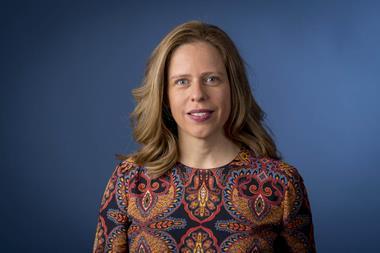The 45 Dutch pension funds that have indicated their preference not to make the transition to a defined contribution (DC) arrangement should better substantiate that their decision is in the best interest of their members, according to pension regulator DNB.
The regulator has issued its call following a roundtable discussion in December with directors of pension funds that prefer not to move defined benfit (DB) accruals to DC. DNB has suggested that these funds are strongly influenced by what their employers want.
Balanced assessment
Trustees are in discussions with the employers, DNB said, but none of the funds that participated in the roundtable had made their own balanced assessment showing that not moving to DC would be most beneficial to participants.

Because the funds concerned tend to be small, the total number of participants of these funds is relatively low. The roughly 45 funds have about half a million participants, according to DNB.
US companies
Pension funds have various reasons not to want to make the transition to DC. Some employers are subsidiaries of American companies that may be opposed to converting accruals to DC because of US accounting rules.
Other reasons for not wanting to make the transition to DC can be high funding levels or a generous supplementary payment plan from the employer. Three pension funds have already announced that moving to DC was practically impossible.
Whatever the reason, DNB wants to see clearly what the benefits are for participants to stay in the current DB system, in comparison to converting accruals to DC.
The regulator has warned of the risk a pension fund would experience if it cedes to the employer too easily, without offering a “substantiated counterbalance”. Funds that do not want to convert accruals to DC do not have to request permission from DNB, unlike schemes that want to make the transition.
This article was first published on Pensioen Pro, IPE’s Dutch sister publication. It was translated and adapted for IPE by Tjibbe Hoekstra























